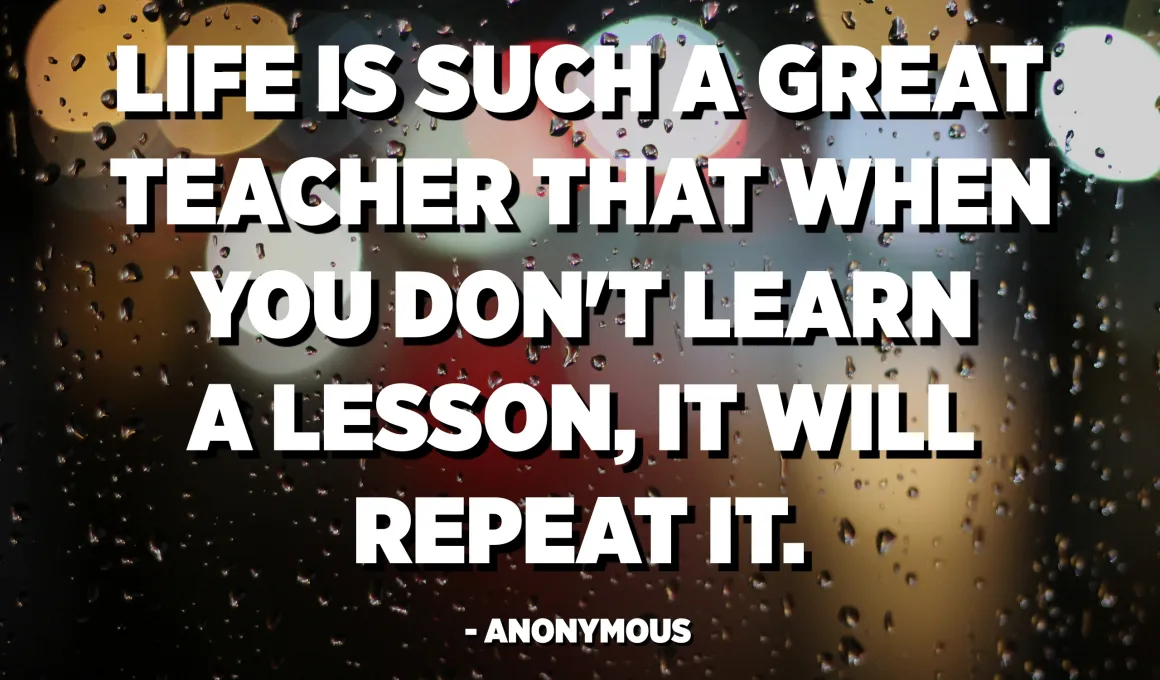In today’s fast-paced world, where the constant buzz of notifications and the demands of everyday life seem never-ending, the concept of taking a step back and observing might feel counterintuitive. We live in an era where the emphasis is often on being constantly engaged, productive, and on-the-go. However, amidst this hustle and bustle, there is a valuable lesson to be learned – the art of sitting back and observing, recognizing that not everything requires time off.

The Rushed Reality
Our modern lifestyle is characterized by a perpetual sense of urgency. We are always racing against time, whether it’s meeting deadlines, responding to messages, or keeping up with the latest trends. In this rush, we often neglect the power of observation. Taking a step back from the chaos allows us to gain a broader perspective, fostering a deeper understanding of the situations we find ourselves in.
The Importance of Observation
Observation is a skill that transcends mere passivity; it is an active engagement with the world around us. When we take the time to observe, we open ourselves up to a wealth of information that may be overlooked in the haste of our daily lives. Whether it’s in the workplace, relationships, or personal development, the ability to sit back and observe can lead to more informed decision-making and a greater sense of control.
In the professional realm, observation can be a powerful tool for problem-solving. Instead of rushing to implement solutions, taking a moment to observe the intricacies of a situation can reveal underlying issues and unexpected opportunities. This approach not only enhances creativity but also promotes a more thoughtful and strategic mindset.
In personal relationships, the art of observation can strengthen connections. Listening, watching, and understanding the nuances of communication can deepen our understanding of others. This, in turn, fosters empathy, compassion, and a more harmonious interaction with those around us.
On an individual level, observation plays a crucial role in personal growth. Taking time to reflect on our own thoughts, emotions, and behaviors allows us to identify patterns and areas for improvement. This self-awareness is the foundation for positive change and personal development.
Dispelling the Myth of Constant Productivity
The idea that taking a break or sitting back is synonymous with laziness or unproductivity is a pervasive myth. In reality, the moments of respite, where we observe rather than actively participate, can be instrumental in recharging our mental and emotional batteries. Constant productivity without breaks can lead to burnout and a decline in overall well-being.
Moreover, not everything requires time off in the traditional sense. Sometimes, taking a step back can be as simple as giving our minds a moment of rest, allowing thoughts to settle and ideas to crystallize. This pause, far from being a hindrance, can be the catalyst for increased productivity and efficiency when we return to our tasks.
must read=learn to sit back and observe. not everything need – tymoff
Cultivating Mindfulness
Mindfulness, the practice of being fully present in the moment, is closely tied to the art of observation. By cultivating mindfulness, we train ourselves to pay attention to our surroundings, thoughts, and emotions without judgment. This heightened awareness not only enhances the quality of our experiences but also enables us to navigate challenges with greater resilience and clarity.
Incorporating mindfulness into our daily lives doesn’t necessarily require a significant time commitment. Short, intentional moments of observation, whether it’s focusing on the sensation of breathing or appreciating the details of our surroundings, can have a profound impact on our overall well-being.

Finding Balance
While the importance of observation is clear, finding the right balance is key. It’s not about completely withdrawing from the world or avoiding active participation. Instead, it’s about recognizing when to step back, observe, and when to actively engage. Striking this balance is a skill that can be developed over time, leading to a more harmonious and fulfilling life.
In conclusion, the art of sitting back and observing is a valuable skill in our fast-paced world. It’s a reminder that not everything requires time off in the traditional sense; sometimes, the most profound insights come when we take a moment to pause and reflect. By incorporating observation into our daily lives, we can enhance our decision-making, strengthen relationships, and foster personal growth. So, let’s embrace the power of observation and discover the profound impact it can have on our journey through life.
